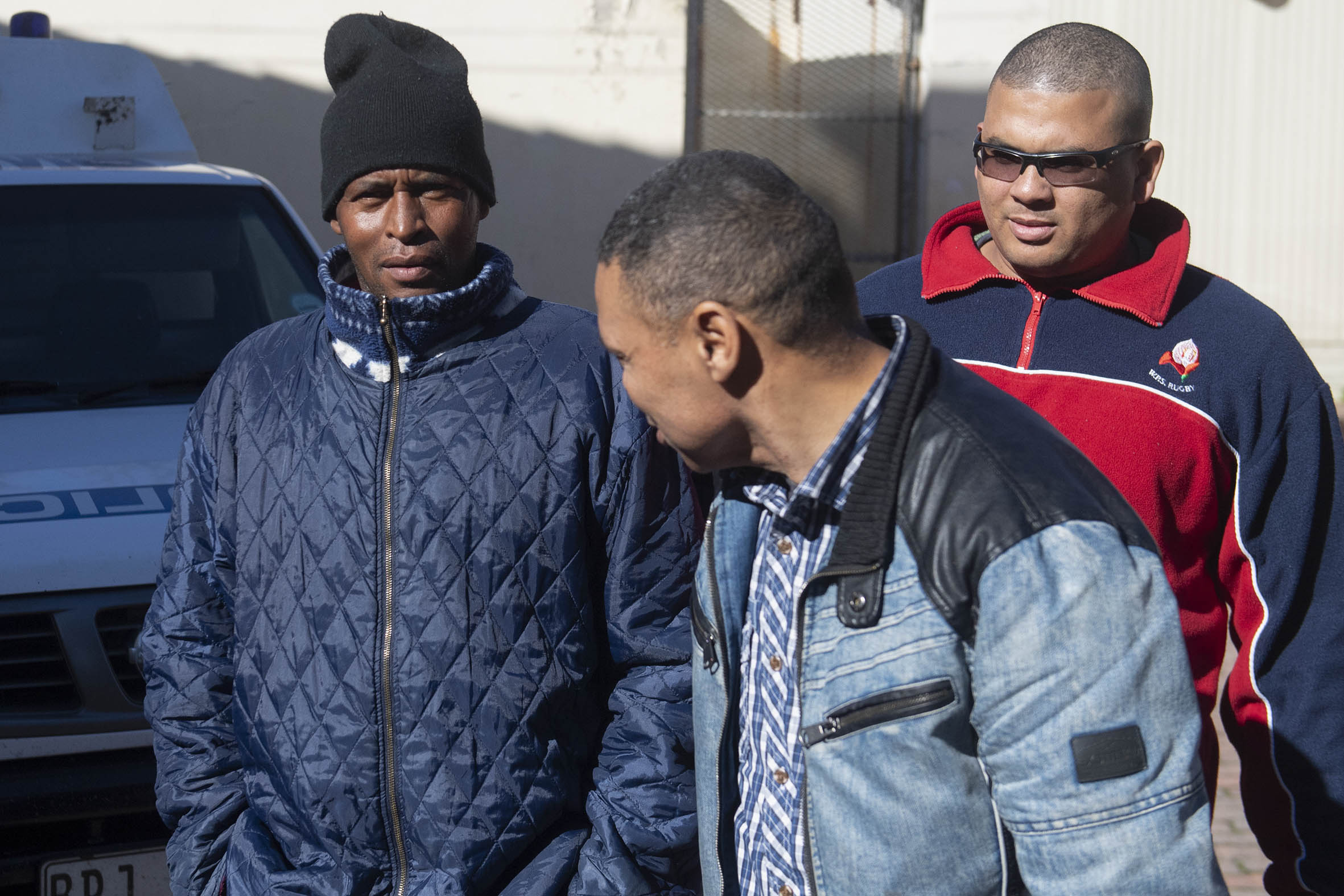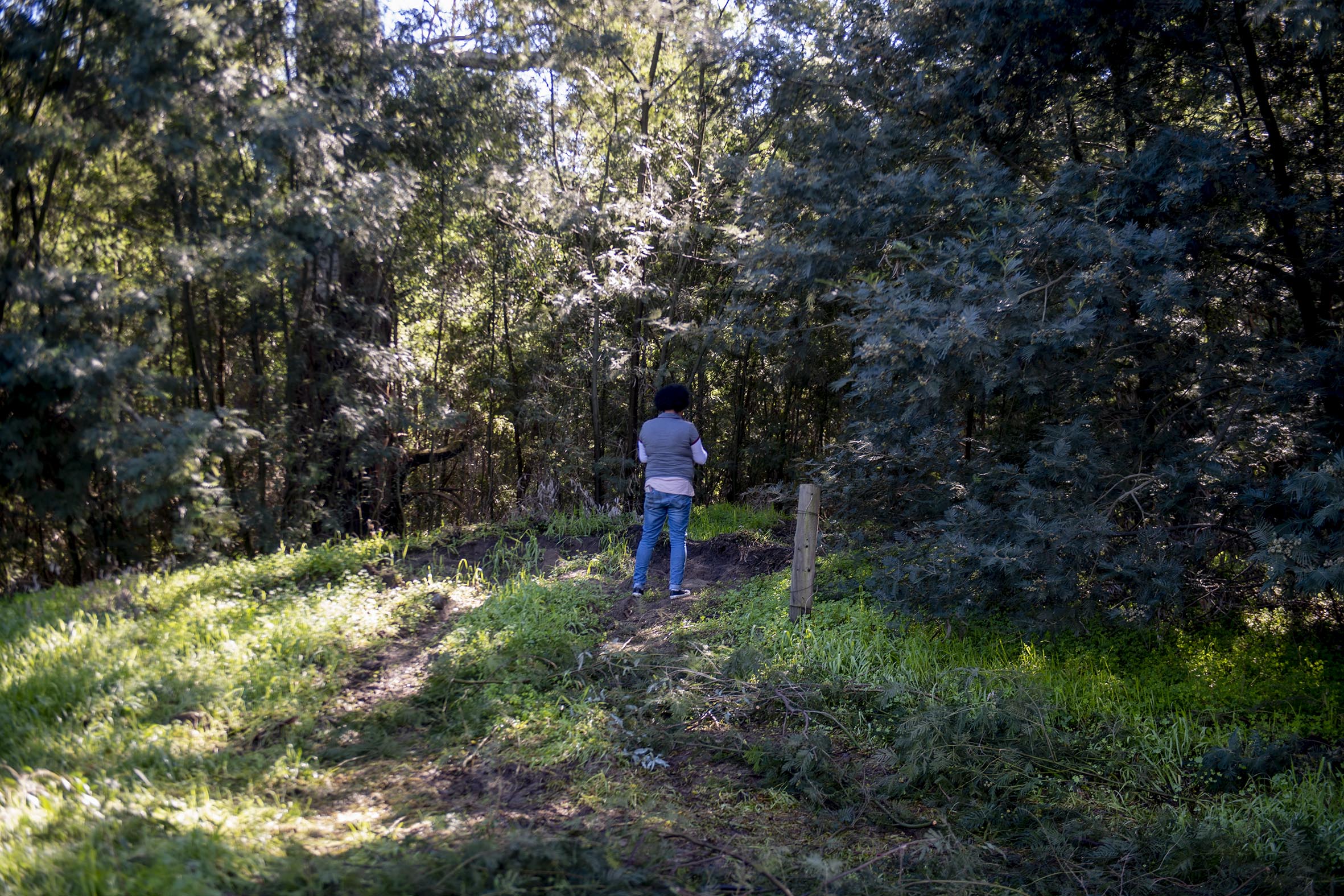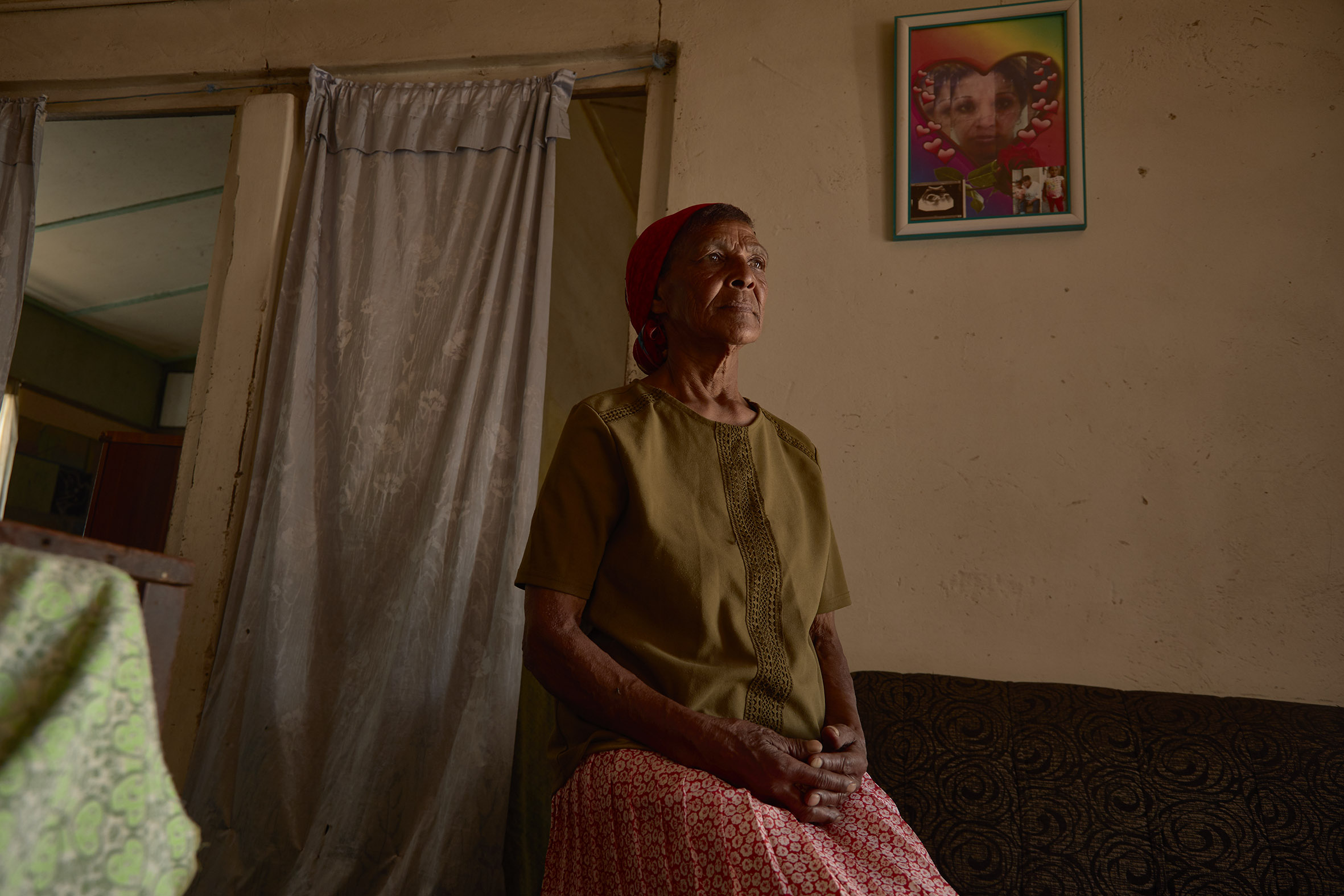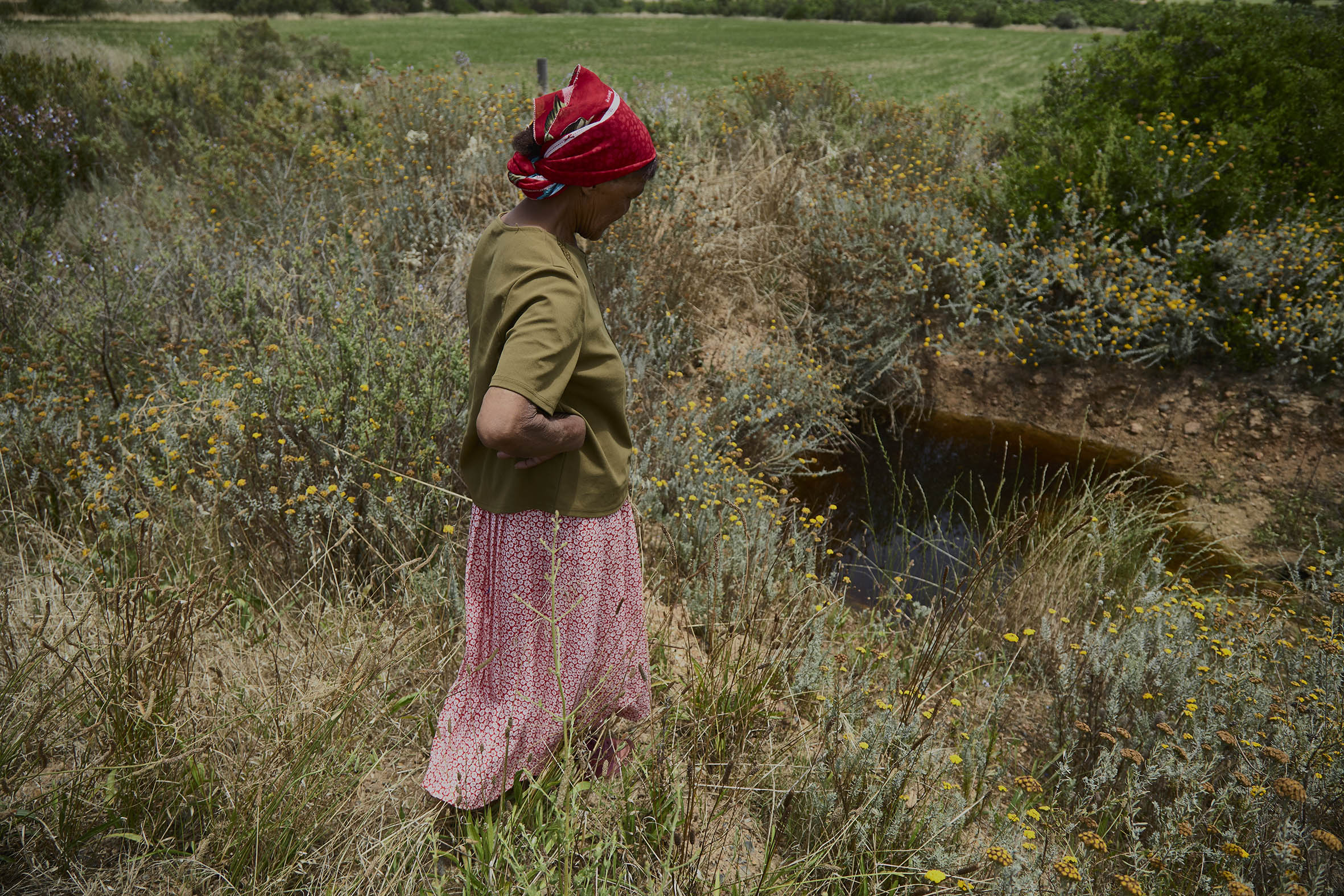Mom’s determination forces police to act
The murders of three women in the Western Cape might have remained unsolved if the mother of one of the victims did not go to extraordinary lengths to have the prime suspect arrested.
Author:
8 June 2022

Carol Petersen slept in her car outside the police station in Wellington, Western Cape, for five days in the winter of 2018. She refused to leave until the police launched a manhunt for Johan Williams, the man she believed had murdered her daughter Chantell Matthysen, 21.
Petersen first met Williams in 2016 when he presented himself as a Good Samaritan who helped Matthysen to get on the right train at Wellington station. Petersen, grateful for his kindness, invited him over for Christmas lunch that year. Two years after that lunch, in June 2018, Matthysen left home in Kuils River with Williams, who had offered her a job on a wine farm near Wellington. Petersen would never see her daughter again.
Williams, 52, appeared in the high court in Cape Town on 2 June 2022 and for the second time declined the offer of a plea deal. He will be standing trial in 2023 on three counts of murder, five counts of rape, one count of attempted rape, six counts of kidnapping, one count of assault with intent to commit grievous bodily harm, one count of housebreaking and arson, and one count of failure to comply with an interdict.


Williams’ alleged killing spree started in 2012 on a wine farm called Ongegund – archaic Afrikaans for “begrudged” – along the R45 between Wellington and Malmesbury in the Swartland area. The entrance to Ongegund leads to a row of white concrete farm workers’ houses sandwiched between eucalyptus trees. In summer it’s unbearably hot and it’s almost always windy.
Natalie Jonkers, 35, lived in one of the houses in the first row with her husband Ruben and their children Rozelle, Riano and Najeem until 2012, when she went missing. Although she was born in Atlantis, she was raised here. Her parents Klara and Floors Davids, siblings and cousins still live and work on the farm.
The Jonkers couple were married in the Davids’ living room, in the last row of houses. At the entrance of their home is a mounted photograph of their murdered daughter, framed by hearts. Her family don’t know where she died, or where she was finally laid to rest. Klara has planted flowers in the long grass between a farm fence and the road to Wellington to mark the shallow grave where police dug up her daughter’s remains in 2018.
There was little left of her remains and they had to confirm her identity through DNA testing. “I didn’t have any money to bury her,” Klara says, so she asked the police to bury Jonkers’ remains. “They said they would tell me and show me where she was buried, but they never came to me so I don’t know where her remains are.”


A local guy
Williams was married and worked as a driver in 2012. He was well known to farm workers in Wellington. Klara says he became enraged when Jonkers intervened after he had begun a relationship with her teenage daughter Rozelle, whom she then sent to live with family in Cape Town. Despite their differences, Jonkers still relied on Williams for transport to town, like most of the farm workers. And when she ran into debt, he arranged a cash loan for her through a contact.
Klara says Willams had promised Jonkers a job for which she would earn R15 000 a month, a fortune for seasonal farm workers. “It was on the 16th of July 2012 when Natalie came to me and said she was going to town to meet Johan for the job, but she said she had a bad feeling about it. I told her if she feels like that she should leave Johan’s offer and stay. She sat waiting outside Checkers on a crate with my jacket over her head because it was really cold and she said she felt strange,” recalls Klara.
Williams had parked across the road from them and called Jonkers. He was to bring her back by 6pm and Klara waited at the Checkers for them to return. When they didn’t return she called Williams, who told her Jonkers would only be home later.
By 8pm Ruben was worried and called Jonkers, who said she was at the four-way crossing and on her way. “She told him to take some food from the fridge and heat it up to eat until she comes home to cook for them,” Klara says. That was the last time Ruben ever heard her voice.


By 10pm he called his wife again, but this time Williams answered and said Jonkers was looking for a lift home with someone else. At 11.15pm Ruben called again and asked Williams about his wife’s whereabouts. Then Williams said something strange to Ruben. “He said it hasn’t been 24 hours yet so the police won’t help him if he reports her missing,” Klara remembers.
The next day came and there was no sign of Jonkers. Klara and Ruben searched for her in the small farming town. Klara reported Jonkers missing at the Wellington police station, taking a photo with her.
Rozelle, in the meantime, had returned to Ongegund to help with the search for her mother. At the time, the police took Williams in for questioning but he was released. He soon disappeared from Ongegund for six years.


Williams wasn’t seen in Wellington again until 2018. It was at Ongegund where he was found hiding in one of the houses after a five-day manhunt and arrested for the murder of Matthysen. After his arrest, Williams allegedly pointed out to the police the body of another woman, Maria Isaacs. She was found buried side by side with Matthysen.
“If it wasn’t for Chantell and Maria’s death, we would never have known [what happened to Jonkers],” Klara says, because Williams allegedly showed the police where Jonkers’ body had been hidden in 2012. But conversely, she says, “If the police took Natalie’s disappearance seriously in 2012, Chantell and Maria’s lives … others could’ve been spared.”
Ruben, who never recovered from Jonkers’ death, died in 2020. “He said the Lord can take him away because his wife isn’t there anymore,” Klara says. “They were a perfect couple. He would peel vegetables or spice the meat when she was cooking in the kitchen. He was always helping her with chores. They did everything together.”
